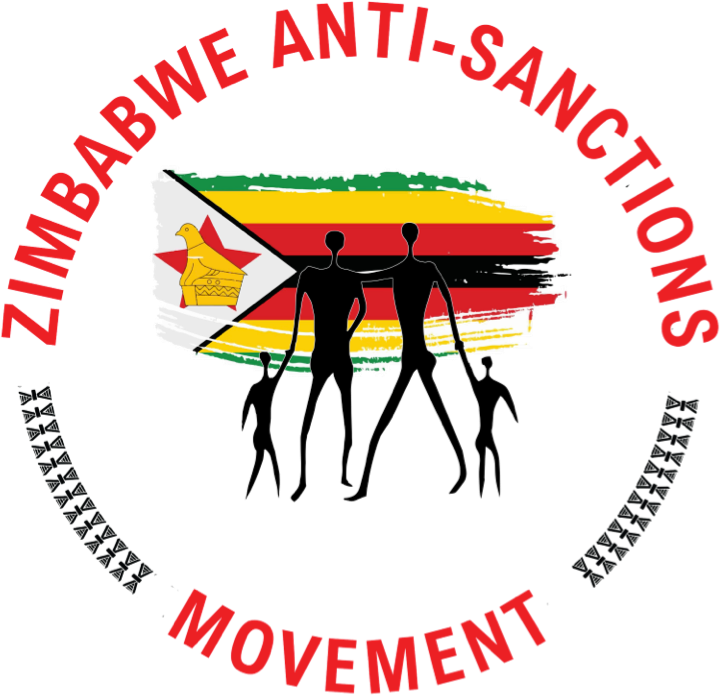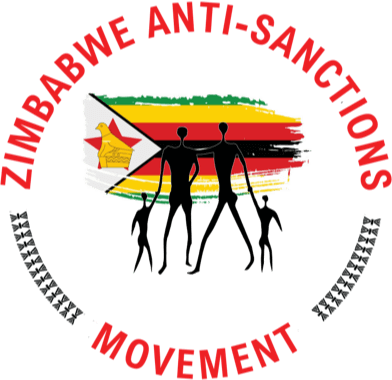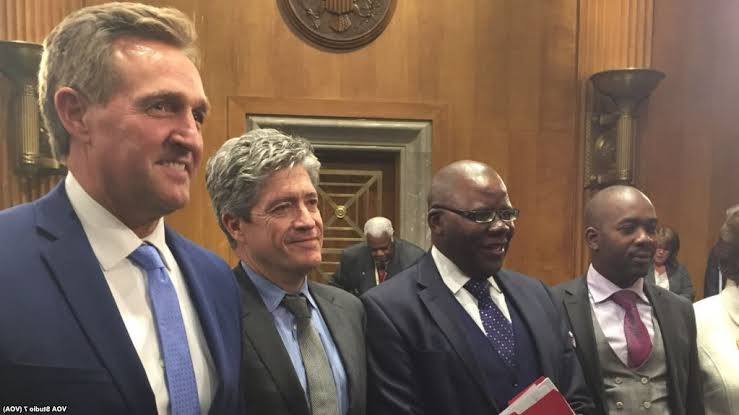GENEVA (14 September 2022) – A proliferation of secondary sanctions has resulted in a growing fear of sanctions and over-compliance with unilateral sanction regimes, leading to serious adverse effects on the human rights of millions of people around the world, a UN expert said today.
Secondary sanctions are intended to prevent third parties – States, commercial entities and individuals from trading with countries that are subject to sanctions issued by another country.
“Today the world faces a proliferation of secondary sanctions, applied extraterritorially to states, entities or individuals for their presumed cooperation or association with sanctioned parties,” said Alena Douhan, UN Special Rapporteur on the negative impact of unilateral coercive measures on human rights.
Presenting her thematic report to the 51st session of the Human Rights Council today, Douhan said secondary sanctions, and the threat of such measures were being used to enforce unilateral sanctions against States and key economic sectors. The expert said the impact was exacerbated by over-compliance by different actors, such as States, businesses, financial institutions, civil society organisations and humanitarian actors, who choose to cut ties with sanctioned countries out of fear of repercussions, even for authorised activities.
“Over-compliance has become a widespread practice on a global scale, and needs to be recognised as a significant new threat to international law and human rights,” Douhan said. “It has indiscriminate reach and impacts the human rights of all, not only those living in sanctioned countries, but also nationals of those countries living abroad, and may at times exceed the impact of primary sanctions,” she said.
The Special Rapporteur highlighted the impact of secondary sanctions and over-compliance on the delivery of humanitarian aid and operations of humanitarian actors. “They force humanitarian actors to seek less formal methods of financial transfers and procurement, resulting in higher costs, significant operational impediments, higher risks and less transparency,” Douhan said.
She was also concerned about the international legal implications of unilateral sanctions and over-compliance on international responsibility, international criminal law, trade, environmental law and diplomatic convention and immunities. “Secondary sanctions and their ensuing civil and criminal penalties are illegal,” Douhan said.
The expert urged States to eliminate or minimise over-compliance with unilateral sanctions through legislation, regulation, and financial or other incentives. “States must remove or offset risks that lead to such conduct, which leads to human rights violations,” she said.
Douhan urged businesses and financial institutions to adopt a rights-based approach in their application of due diligence procedures and establish mechanisms to monitor the impact of compliance and over-compliance with unilateral sanctions regimes on human rights. She also called on international organisations, including the UN and civil society actors to integrate the assessment of human rights impact of unilateral coercive measures and over-compliance with sanctions in their work.
The Special Rapporteur also presented findings from her country visits to Iran and Zimbabwe to the Council.
ENDS
Ms Alena Douhan (Belarus) was appointed as Special Rapporteur on the negative impact of the unilateral coercive measures on the enjoyment of human rights by the Human Rights Council in March 2020. Ms. Douhan has extensive experience in the fields of international law and human rights as, a Professor of international law at the Belarusian State University (Minsk), a visiting Professor at the Institute for International Law of Peace and Armed conflict, (Bochum, Germany) and the Director of the Peace Research Centre (Minsk). She received her PhD at the Belarusian State University in 2005 and obtained Dr. hab. in International Law and European Law in 2015 (Belarus). Ms. Douhan’s academic and research interests are in the fields of international law, sanctions and human rights law, international security law, law of international organizations, international dispute settlement, and international environmental law.
Special Rapporteurs are part of what is known as the Special Procedures of the Human Rights Council. Special Procedures, the largest body of independent experts in the UN Human Rights system, is the general name of the Council’s independent fact-finding and monitoring mechanisms that address either specific country situations or thematic issues in all parts of the world. Special Procedures’ experts work on a voluntary basis; they are not UN staff and do not receive a salary for their work. They are independent from any government or organization and serve in their individual capacity.
For more information and media request please contact: Damianos Serefidis (damianos.serefidis@un.org)
For media enquiries regarding other UN independent experts, please contact de Souza (renato.rosariodesouza@un.org) or Dharisha Indraguptha dharisha.indraguptha@un.org)
Follow news related to the UN’s independent human rights experts on Twitter @UN_SPExpertsConcerned about the world we live in?
Then STAND UP for someone’s rights today.
#Standup4humanrights
and visit the web page at http://www.standup4humanrights.org



